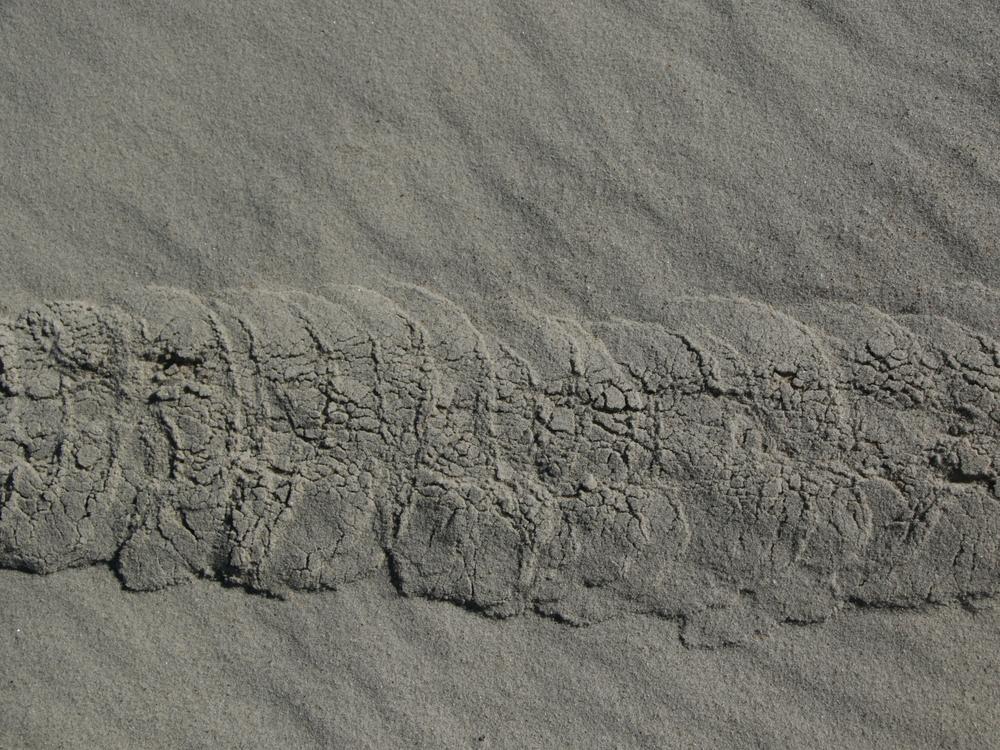Section Branding
Header Content
Holy Mole-y: A sniffer dog helps rediscover a rare mole
Primary Content
How does one go about finding a seemingly extinct, sand-dwelling mole that hasn't been seen in nearly 90 years? With the help of a dog and DNA, of course!
Scientists in South Africa have rediscovered 11 De Winton's golden moles, which haven't been seen since 1936. The tiny blind creatures have an iridescent coat and live largely underground. They appear to "swim" through sand, finding their way using sound and vibration. That helps them avoid being seen from the surface and explains why they were feared to have been wiped out.
"It was a very exciting project with many challenges," Esther Matthew, senior field officer with Endangered Wildlife Trust (EWT), said in a statement. "Luckily we had a fantastic team full of enthusiasm and innovative ideas. Which is exactly what you need when you have to survey up to 18 kilometers [11.2 miles] of dune habitat in a day."
That team included researchers from EWT and the University of Pretoria. They used a trained border collie to sniff out traces of the De Winton's in the last place they'd been spotted: Port Nolloth Beach. The dog, named Jessie, was able to pick up the scent of moles and their tunnels. But researchers couldn't be certain that the four-legged helper was actually on the trail of the species they were looking for — there are 21 species of golden moles.
Researchers narrowed it down using a technique called environmental DNA (eDNA) analysis in which scientists sift through soil to analyze skin, hair and bodily excretions left behind in the samples.
They were right. And, they found evidence of another rare and endangered species called Van Zyl's golden mole, as well as the more common Cape golden mole and Grant's golden mole.
"Though many people doubted that De Winton's golden mole was still out there, I had good faith that the species had not yet gone extinct," said Cobus Theron, a senior conservation manager for EWT and a member of the search team, in a press release.
He added: "I was convinced it would just take the right detection method, the proper timing, and a team passionate about finding it. Now not only have we solved the riddle, but we have tapped into this eDNA frontier where there is a huge amount of opportunity not only for moles, but for other lost or imperiled species."
Still, no one on the team has physically seen the De Winton's in person. But they have captured nearly a dozen of the small mammals on video and in photos.
The De Winton's golden mole was one of the top 25 animals on a list of long-lost species drawn up by the Re:wild non-government group in 2017.
EWT said the area where they were found is currently unprotected and threatened by development and nearby diamond mining. The organization says it hopes to use the discovery to gain protective status of De Winton's habitat and to train new dogs to identify their scent.
Copyright 2023 NPR. To see more, visit https://www.npr.org.


